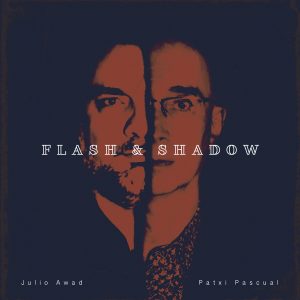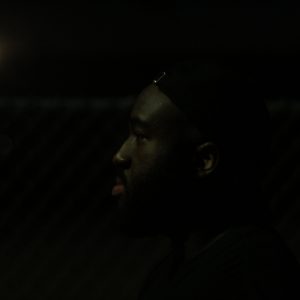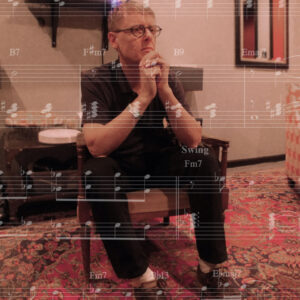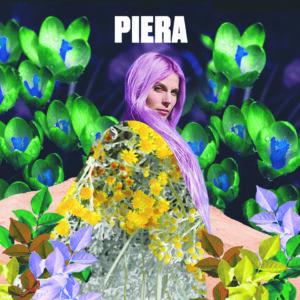Franco Esteve is a multi-disciplinary artist – a Composer, Filmmaker, Writer, Photographer, and Artist. He expresses himself artistically in many ways and through different media. Born in the Caribbean island of Puerto Rico, with a globe-trotting background, Franco Esteve is as varied as they come. He won the IndieFest Award of Merit in 2015 – Best Original Score – Consequence, The Doll Chronicles Soundtrack.
Not long ago we posted an article about his last album – Contagion that is COVID19 pandemic soundtrack. After that we tried to find his previous musical albums and found that the most part of them are soundtracks to The Doll Chronicles series. Later we found that these short movies were directed by Franco Esteve also.
In this article Franco Esteve tells us about his musical works that all are soundtracks: some of them are soundtracks to his video projects, others are life soundtracks.
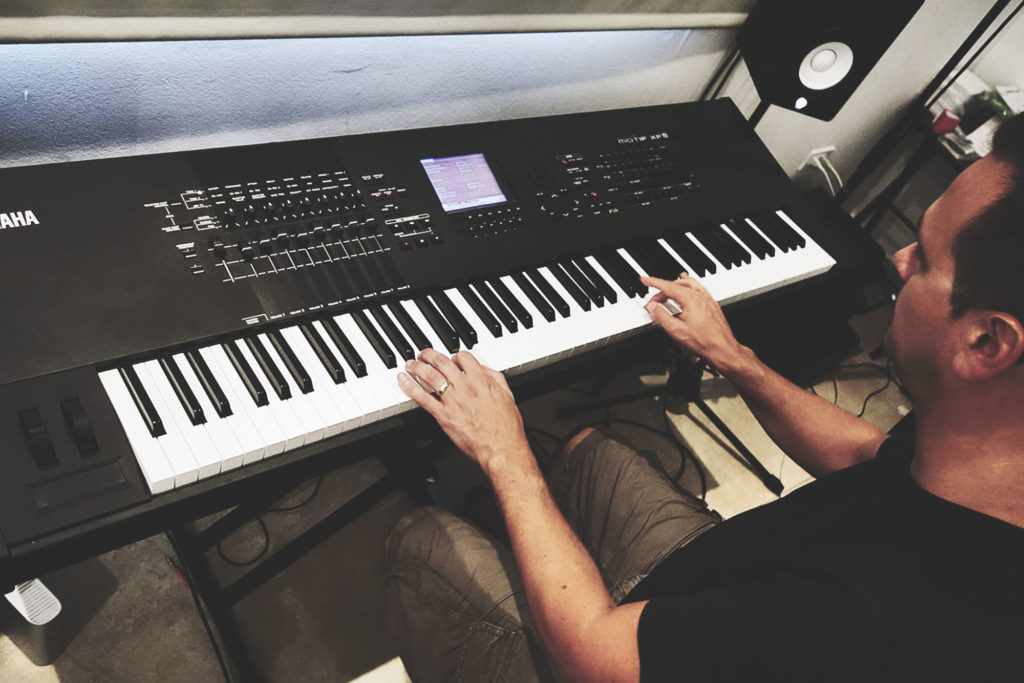
What is the main concept of The Doll Chronicles series?
The idea (of The Doll Chronicles) is to present stories that explore real social issues, expectations, and other life situations, especially pertaining to women. It’s an attempt to express a feeling about these things, and in a way make a statement about them. The symbol of the doll started as a statement on the expectations of beauty, but as I developed the concept further and worked with my team on Paranoia particularly, the doll became the expression of the woman in the film, of how society views and treats women in general, or as in Consequence, a symbol of manipulation, where the main character finally has full control of the woman or “doll”.
This is why throughout the films, the actual doll appears only randomly, according to that particular story, and it might foreshadow or directly represent or hint as to the situation, the future, etc.
Why have you decided to use no words?
The original film was supposed to have some dialog, but when we filmed the initial experiment and I edited it, I loved the conceptual and experimental nature of it so much, that I decided to continue without dialog and let the music drive the story. This also allowed me the chance to express the story in an entirely different medium, music, which is an area I have a particular passion for. It opened up an additional and rewarding challenge and form of expression. This doesn’t mean that none of them will have dialog, since Apocalypse has a little bit, but the focus isn’t on words but on the feelings evoked by the music, images, and story.
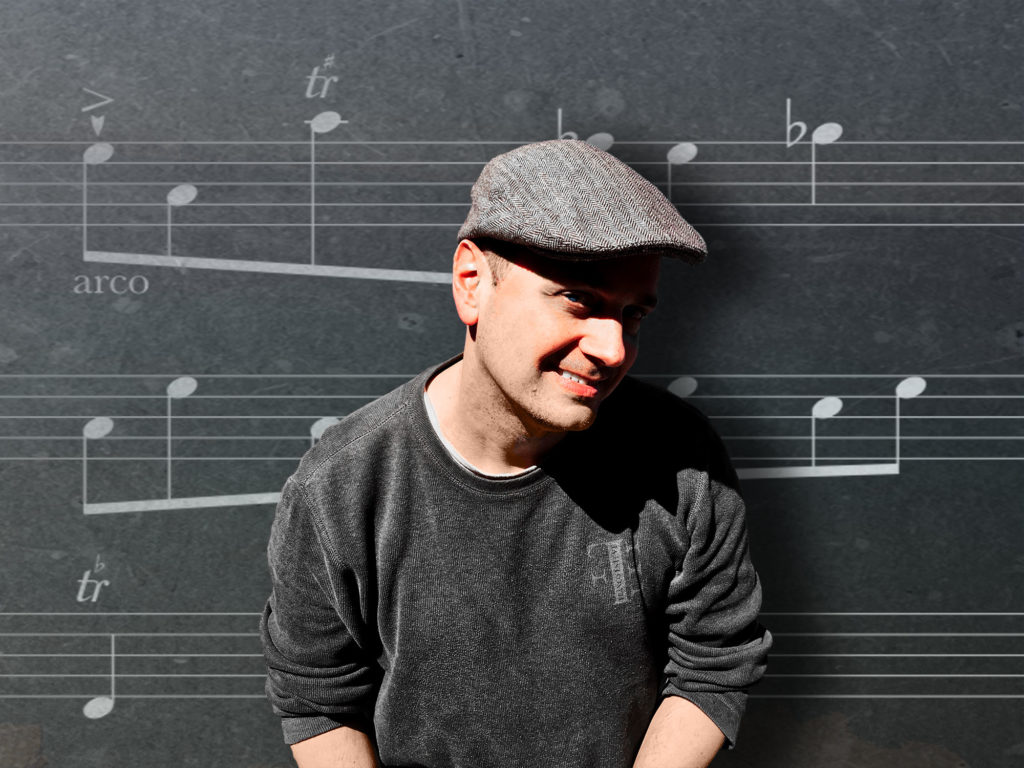
The first film in the series is Paranoia, The Doll Chronicles. What is it about?
Paranoia is what I call “the experiment”. When starting to develop The Doll Chronicles series, Reaction was the concept (no longer available for viewing), Paranoia the experiment, and Consequence, the execution. Paranoia, The Doll Chronicles is a horror story that is meant to be both straightforward, “Doll reads a book and all sorts of Paranoia sets in, breaking the line between her fantasy and reality,” and metaphorical, “the representation of each element within a woman’s real life horror spectrum, and how that is reflected in both her mental state and her normal life state”. Each viewer has a different understanding and is affected differently by each aspect or event that Doll “sees”. It’s meant to be jarring, and to affect the viewer, while telling a simple story in this experimental way.
What is Consequence, The Doll Chronicles about? What unites both movies?
Consequence, The Doll Chronicles is a story of surrendering to love and the tragic consequences that have at times come of it. It’s inspired by a Larry Clark photo from his Tulsa collection, and on some of the realities that have happened in the underworld of the places I’ve lived in. In the Larry Clark photo, a woman is on top of what looks like her boyfriend, letting him inject her with Quaaludes in a tender but decadent moment of complete surrender, showing how love can take you to extremely dark places. I combined that with real events of sex trafficking as some of the stories have overlaps in how a woman fell in love with a guy who later sold her and other women, conning them into a life of servitude until they’re used up or dead.
I thought the Doll concept served that purpose well as the guy in the film ends up manipulating her, and once he had her, using her like a doll for his purposes. The literal doll here is only shown and used as a transition element, telling you she’s his and he can play with her whichever way he wants until she’s gone.
It’s all a horrible reality that sadly happens in the world we live in, and I thought this was a good way to expose it, to shed some light on it, in my own experimental way.
Now you are working on a new movie: Apocalypse. What is it about? If it is not a secret. And of course, how does it fit into the concept of The Doll Chronicles?
Apocalypse, The Doll Chronicles is a post-apocalyptic addition to the series. It was originally filmed a couple of years ago and was supposed to be released then, but most of the content was lost until last year, when I found a drive that had most of the files in it. It was demoralizing to have lost it and made me not want to continue the series, but I’ve been slowly rebuilding and rescuing the content so that I can finally release it.
As I’m still getting all the pieces together, the story may have to be modified, but the final reveal and the main message will probably be as originally intended. I won’t give away much more, but you get a bit of an idea from the trailer. I had even composed a lot of the music, and as people had requested some of it, like the trailer music, I thought I’d release that (The Passage (trailer version)), and the title track, Apocalypse (releasing on August 14th, 2020), as a teaser to the final film before release.
Why have you decided to release soundtracks as independent albums?
The simple answer is fans. When I started The Doll Chronicles project, and I composed the theme and other music specifically for it, fans of the films actually asked if it was available on iTunes or for streaming, so I released it. I also included something I’ve sometimes wanted from films myself, which is the actual film version of the music. As these are short films, and have no or minimal dialog, it was more viable to include the 8 minute or so audio of the film itself, and which has proven to be surprisingly popular.
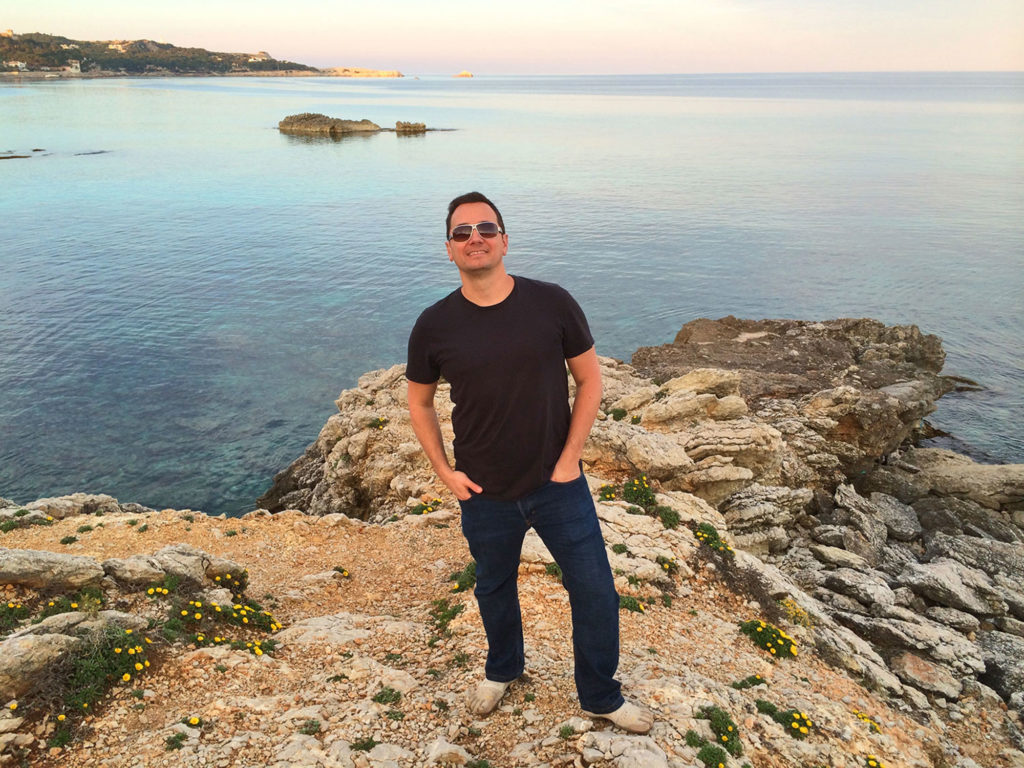
I’m guessing the first music you wrote was for The Doll Chronicles. Am I right?
I’ve been composing music my whole life, but I’d never really thought of releasing my own music, in a traditional commercial way until The Doll Chronicles. I’d created music for corporate work or advertising or other projects, some of which was used publicly but not my own personal music or something like what I’ve been releasing now, and certainly not on CDs, iTunes, or streaming. The Doll Chronicles and the current democratization of the music industry combined with encouragement from my wife, friends, and fans are what led to this new, more public chapter of my life in terms of music.
When you need to write music for a video, what do you start with?
It depends on what I’m writing for, the specific cue, and the story or theme. My main instrument is piano, so I might start there in terms of an idea or exploring themes, but it might be something else. I often focus on what the scene evokes and how it relates to the story or theme and then create something for it.
You wrote some music for Mallorca 360, its season one soundtrack. Please, tell us about this project.
Mallorca 360 is a collaborative project I initially developed here in Mallorca as a way to offer immersive, relaxing experiences, where people could virtually sit and relax in one of the many beautiful locations around the island, following my concept of the “Park Bench Moment or Experience”, which is that place of contemplation, whether out in nature or a city, where one would love to sit in a park bench and relax, look around, and take in one’s environment. It can also be used therapeutically for people who can’t leave their homes or are sick, and our videos have actually been used for VR Spas as well.
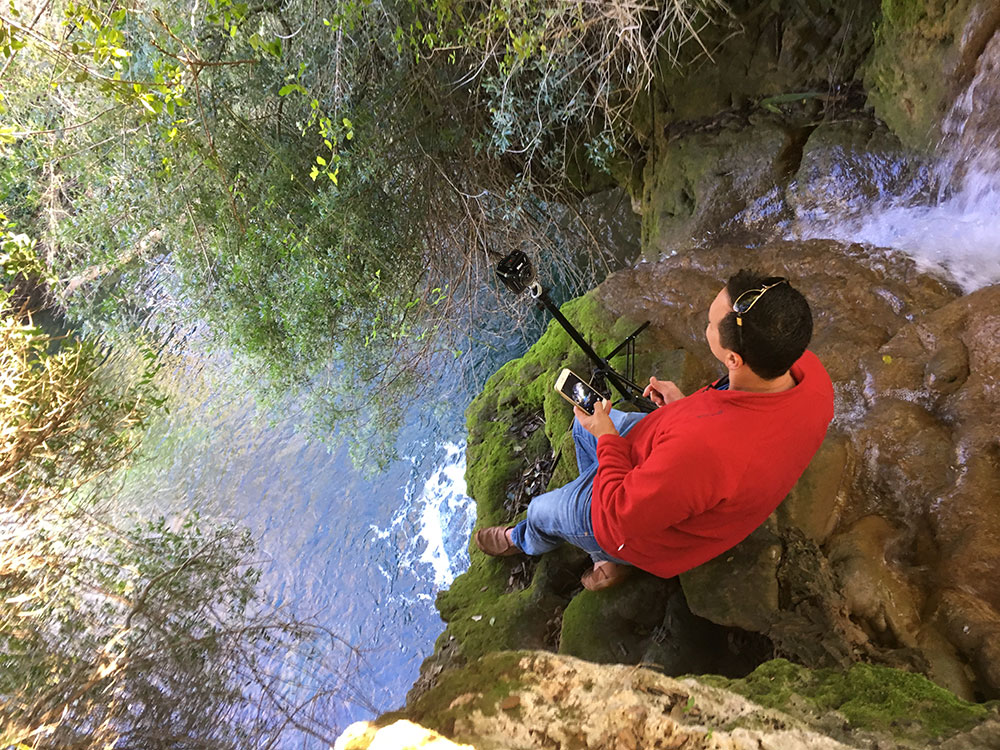
As a project, it also had the benefit of collaboration and outdoor exploration with others locally, which is one of the things that have kept it going throughout the years. For me personally, it allowed me to continue to develop something I enjoy, 360º VR, and it opened another space for me to compose and express myself artistically and musically, and in a different genre. From the beginning, we wanted to have music driven compilations that could use our normal content and include some of our unpublished content. These became the music mix videos, but we also realized that often, atmospheric conditions or the locations themselves lent themselves to instead of audio, using some relaxing musical pieces, so I composed the songs that became the Mallorca 360 Season 1 Soundtrack, including two singles from my contemporary classical album, The Hunt.
As I know, The Hunt is a life soundtrack. Do you mean your life, or life of a concept person, or human life in general (or something else)? What concretely does it tell?
The Hunt is a life soundtrack in that it’s written as it relates to life itself. It’s a particular life story, metaphorically relating to events we all experience or that I’ve experienced directly. It’s a concept album where, though the songs can stand on their own, is really thought of as a complete story. It’s the hunt for life, for love, for happiness, for success, for ideas, for whatever each listener interprets as it relates to their own life’s story or experience. For me, as it was a three-year journey to complete it, it actually encompasses a lot of ups, downs, successes and losses over a specific time period of life, and though the focus is the music, each song also has an accompanying artwork and text that takes you through the voyage of the story, included as a little extra in the CD Booklet and as a downloadable PDF for Bandcamp and Gumroad buyers.
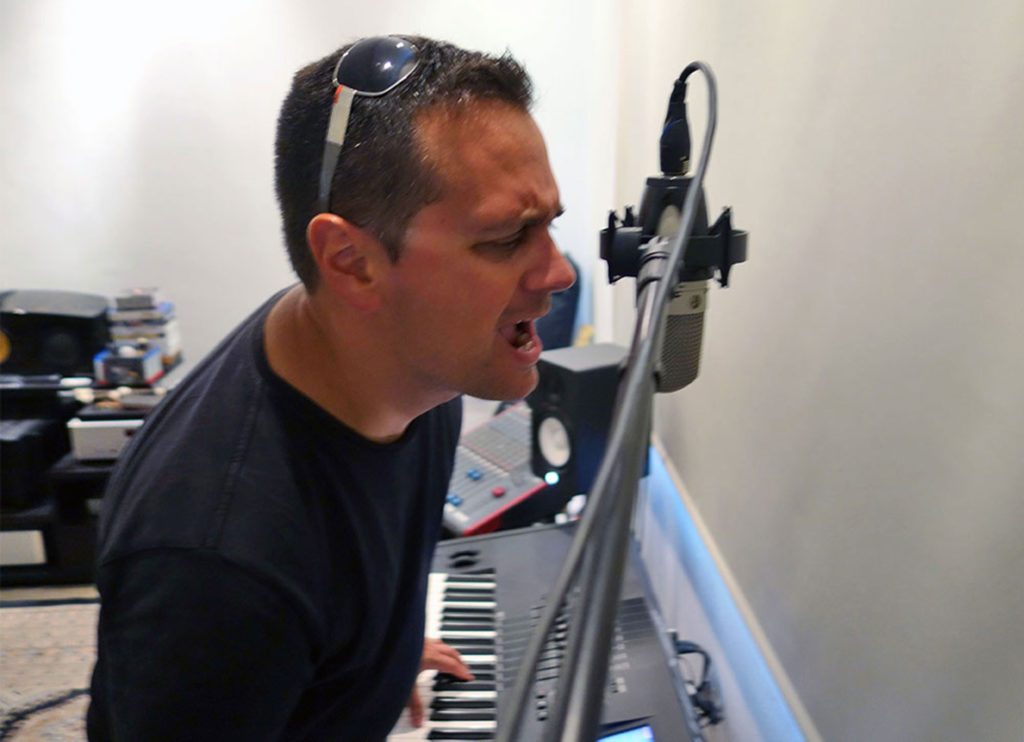
What is easier: to write a soundtrack for a movie or a concept album?
They’re actually similar in that for me, they’re both telling a story. The focus is always the story. With movies you’re composing to the film’s cues and themes, supporting the visuals and script, but it’s still all about the story. A concept album is similar, except you’re not bound to a particular director’s vision. It’s your vision, so you’re free to experiment and to express whatever story you’re trying to tell with the music.
Do you have musical education?
I had great exposure to music growing up thanks to family members but was never allowed to have proper music lessons, so I taught myself to play piano and guitar and to write music. I initially played mostly by ear and combined that with a tiny amount of solfège from my school and singing in a chorus to learn to play what I wanted to. This eventually led to playing music with others, to creating music for adverts, corporate work and films, and to releasing my own music.
Is music your main job?
No. It’s one of many. Like most artists, I have a day job. You may have noticed I’ve mentioned creating music for advertising and corporate work. I continue to work in that field, as a designer, video producer, composer, and more.
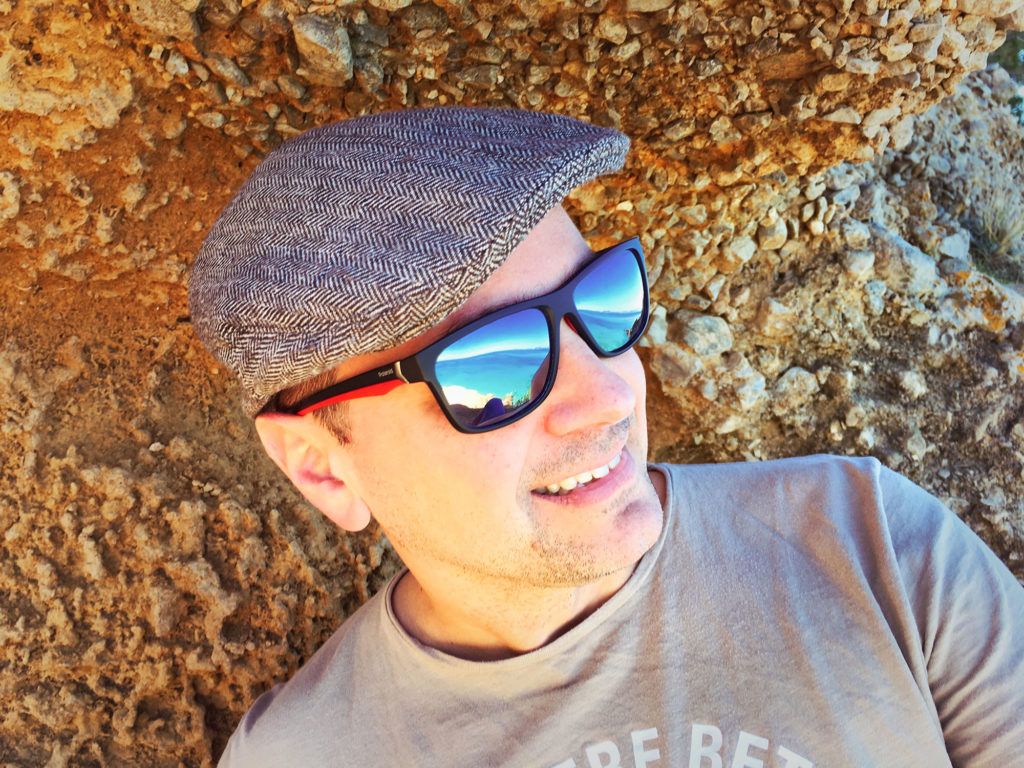
Your last album is Contagion. What can you tell about it?
Contagion is a life soundtrack but I’d say it’s more than that, a musical memoir, as it’s a direct expression of my experience during the early days of the Covid-19 pandemic. Like The Hunt, it’s a contemporary classical concept album, but its story is more enclosed within its concept, more straightforward.
I was actually working on Apocalypse when the first song just burst into my head and wouldn’t let go. This was in the beginning of the pandemic, and I thought, well, ok, I’m going to have to stop and complete this song. As I was doing that, and I was in hospitals with loved ones and the world was closing up around us, a story was developing with more music in my head, and I just had to express it. In the end, five songs came out, with the final one, Death Is Not the End, after having lost a loved one.
I think in the end I captured a soundtrack to the beginning of the pandemic, with The Spread, Patient Zero, and Infection capturing the process of it. The title track, Contagion, serves as an overview of it, and Death Is Not the End as an ending that’s melancholic, but not sad, with a beautiful and positive undertone that uplifts in a slightly romantic way, stating that life goes on.
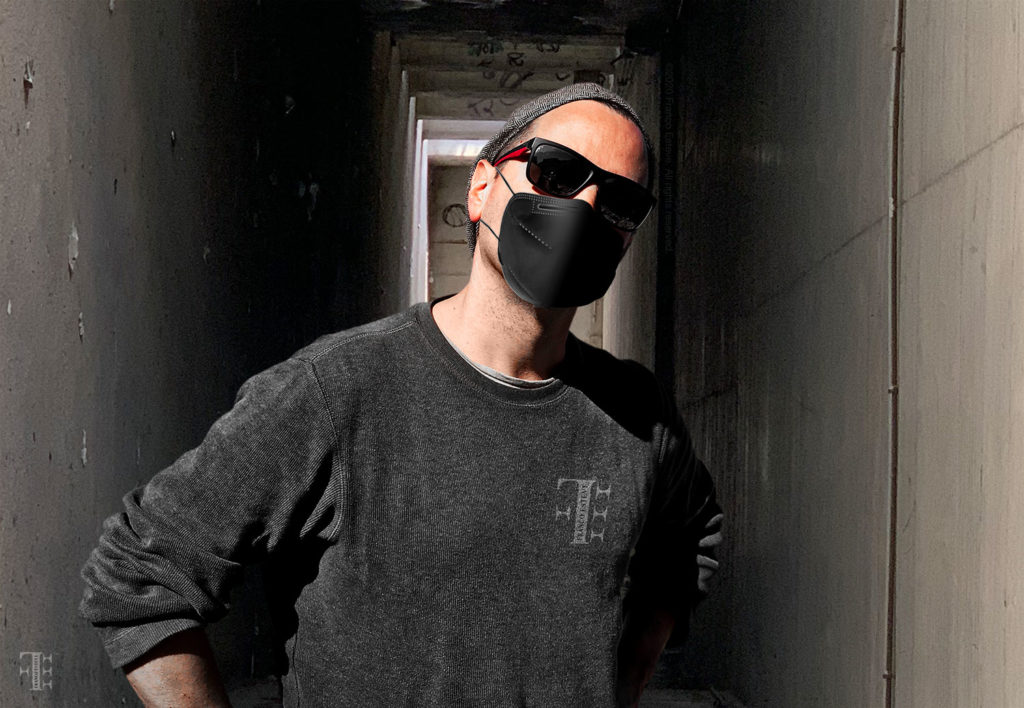
More info about Franco Esteve here:
Official website Instagram Facebook
